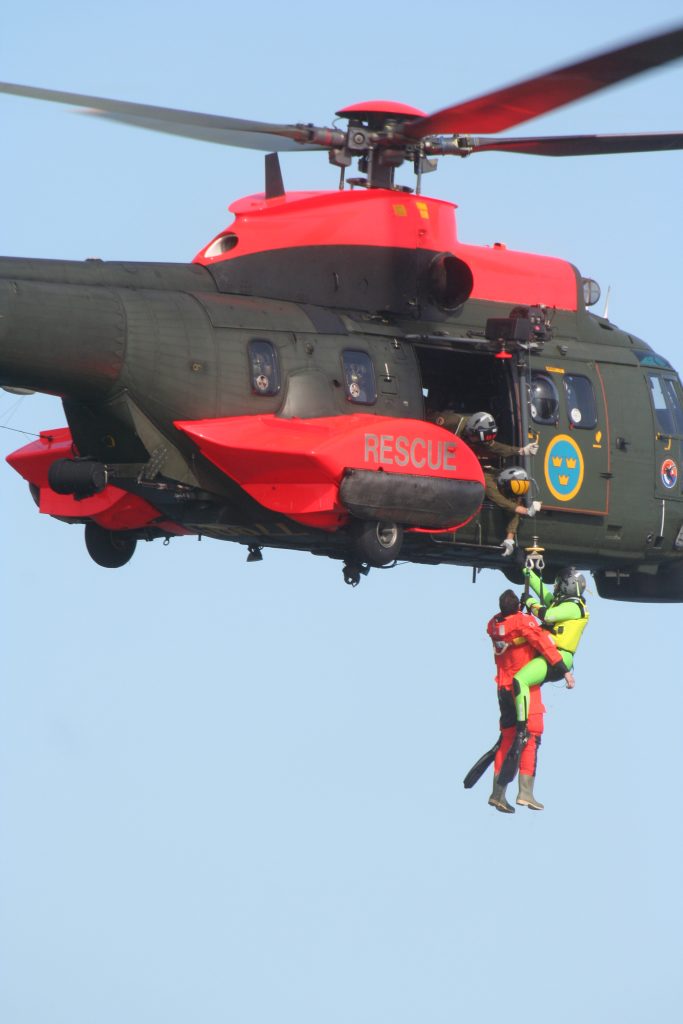 Many people have nightmares of falling and nobody being there to catch them. For Tommie Hebert, that nightmare became a reality when he fell from a moving helicopter, landing directly on his back, causing severe injuries such as a broken back and a damaged hip that would likely require replacement. To make matters worse, the company he worked for, Industrial, was not there to catch him.
Many people have nightmares of falling and nobody being there to catch them. For Tommie Hebert, that nightmare became a reality when he fell from a moving helicopter, landing directly on his back, causing severe injuries such as a broken back and a damaged hip that would likely require replacement. To make matters worse, the company he worked for, Industrial, was not there to catch him.
J. Oran Richard, owner of Industrial, owned another company, Game Management Inc., ( GMI) that leased large tracts of land for hunting, fishing and farming in Louisiana and Texas. GMI did wildlife surveys in Mexico by helicopter, where deer were tracked and netted. It was common for employees to work for both companies. Tommie Hebert was primarily a truck driver for Industrial, and would only go on the helicopter trips because Michael Richard, the owner’s son, was someone he considered his friend. Typically Hebert would only go when another person could not make the trip. Unfortunately for Herbert on one of these trips he fell from the helicopter and a lawsuit against his employers followed.
One would assume that netting deer in Mexico would not be considered in the scope of employment for someone whose job is to drive a freight truck. But that is exactly what Industrial was claiming in the lawsuit that Hebert brought against them. In the original lawsuit, a jury found in favor of Industrial that Herbert was working for them when injured, mainly because they had determined through testimony that Hebert had been on the job and had done this type of work many times before. Therefore Herbert could not recover damages from Industrial or its owner, J. Oran Richard, or his son, Michael Richard in tort. Herbert would only be allowed to recover workers compensation benefits. GMI was found to have no legal duty to Hebert, Industrial was found to be forty-four percent at fault, and Hebert, the man who was determined to be permanently disabled, was found to be fifty-six percent at fault for his injuries.
 Louisiana Personal Injury Lawyer Blog
Louisiana Personal Injury Lawyer Blog


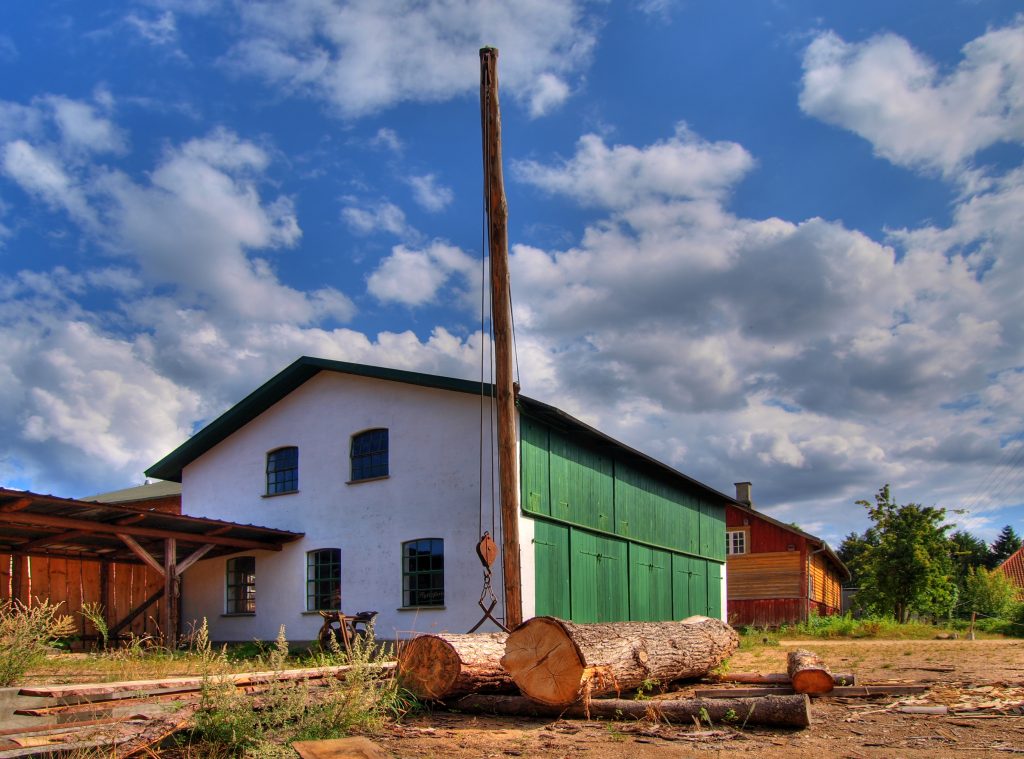 If you are injured while at work, there are many paths that you may take for financial relief. The path that you choose along with how you navigate that path will be a decision that will affect you for the rest of your life. The following case out of Tangipahoa parish demonstrates why it is necessary in workers compensation cases to comply with certain orders and if you don’t why objections to rulings based on your lack of responses will not be considered.
If you are injured while at work, there are many paths that you may take for financial relief. The path that you choose along with how you navigate that path will be a decision that will affect you for the rest of your life. The following case out of Tangipahoa parish demonstrates why it is necessary in workers compensation cases to comply with certain orders and if you don’t why objections to rulings based on your lack of responses will not be considered.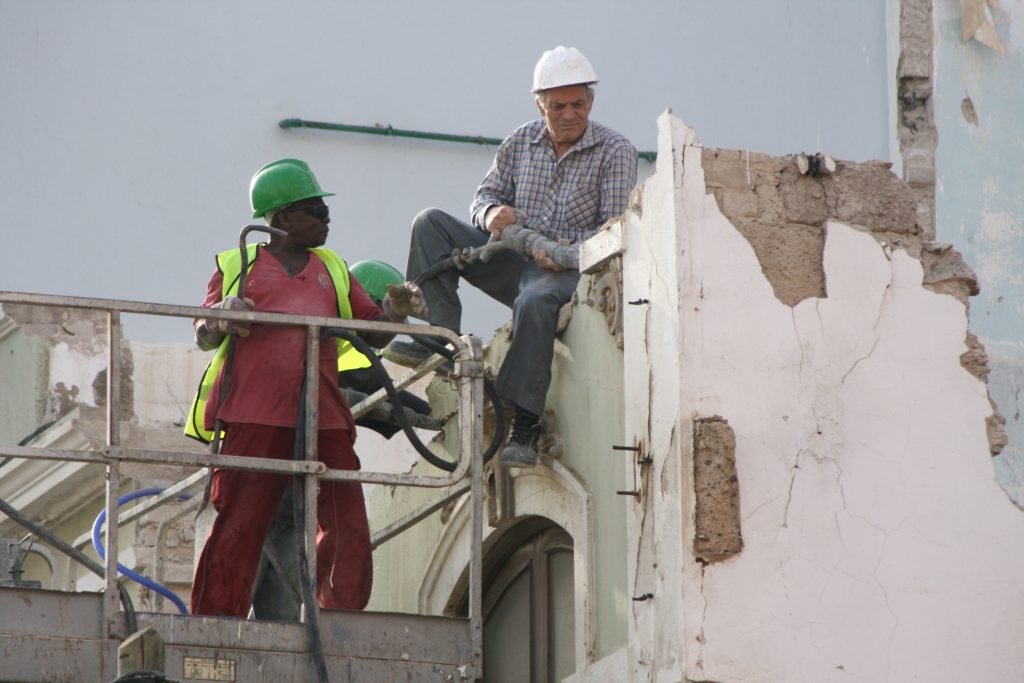 It seems an insurance company’s first response to a claim is to deny the claim. The Louisiana Workers’ Compensation Corporation (“LWCC”) is no exception. The following case out of Loreauville Louisiana demonstrates the arguments that can be made and standards to assess whether an injured employee is due LWCC’s benefits or benefits as a longshoreman.
It seems an insurance company’s first response to a claim is to deny the claim. The Louisiana Workers’ Compensation Corporation (“LWCC”) is no exception. The following case out of Loreauville Louisiana demonstrates the arguments that can be made and standards to assess whether an injured employee is due LWCC’s benefits or benefits as a longshoreman. When one is injured by the actions of another, it is hard to consider all of the moving parts inside and outside of a lawsuit designed to make the injured person whole again. Past medical bills after an accident may come back to haunt someone who has been injured after they have won their personal injury lawsuit.
When one is injured by the actions of another, it is hard to consider all of the moving parts inside and outside of a lawsuit designed to make the injured person whole again. Past medical bills after an accident may come back to haunt someone who has been injured after they have won their personal injury lawsuit. Patricia Jolynn Paulsell-Lathrop (Ms. Paulsell) was injured in a motorcycle accident on June 13, 2005. She, consequently, needed extensive medical care. Her health insurance company covered some of the medical costs. The Louisiana Department of Health and Hospitals- Medicaid Program (DHH) covered some additional costs. According to DHH, Ms. Paulsell received $69,131.92 in medical assistance payments from June 13, 2005 through December 8, 2008.
Patricia Jolynn Paulsell-Lathrop (Ms. Paulsell) was injured in a motorcycle accident on June 13, 2005. She, consequently, needed extensive medical care. Her health insurance company covered some of the medical costs. The Louisiana Department of Health and Hospitals- Medicaid Program (DHH) covered some additional costs. According to DHH, Ms. Paulsell received $69,131.92 in medical assistance payments from June 13, 2005 through December 8, 2008. With all of the advances in the field of medicine these days most people would probably think that a surgery to remove a person’s gallbladder would be considered fairly routine. However, when it comes to surgery, nothing can be taken for granted. A Louisiana resident, Richard Logan, and his doctor found this out the hard way during a surgery that was performed in August of 2010. That was when Mr. Logan underwent surgery to have his gallbladder removed, but the surgery was anything but routine.
With all of the advances in the field of medicine these days most people would probably think that a surgery to remove a person’s gallbladder would be considered fairly routine. However, when it comes to surgery, nothing can be taken for granted. A Louisiana resident, Richard Logan, and his doctor found this out the hard way during a surgery that was performed in August of 2010. That was when Mr. Logan underwent surgery to have his gallbladder removed, but the surgery was anything but routine.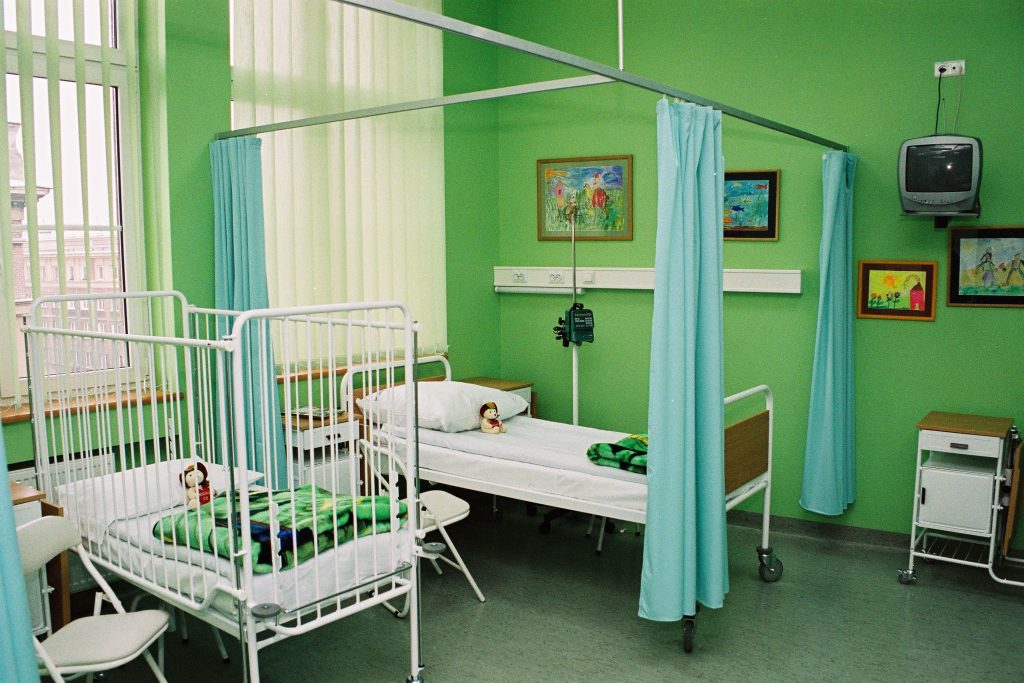 Many people in Louisiana have been in a situation where they are striving to earn a promotion at work. Employers typically reward loyal, qualified employees in these circumstances, but sometimes there is more than one employee who may be right for the job. The ultimate choice may leave other employees feeling spurned or, in some situations, questioning if the decision was made for the wrong reasons.
Many people in Louisiana have been in a situation where they are striving to earn a promotion at work. Employers typically reward loyal, qualified employees in these circumstances, but sometimes there is more than one employee who may be right for the job. The ultimate choice may leave other employees feeling spurned or, in some situations, questioning if the decision was made for the wrong reasons. Everyone likes to be paid what they think they are worth at their jobs. But, sometimes employers take actions that make employees question their value and question whether or not the employer has ulterior motives. That seems to have been the thought process for the former coach of LSU’s women’s tennis team, and he filed a lawsuit as a result.
Everyone likes to be paid what they think they are worth at their jobs. But, sometimes employers take actions that make employees question their value and question whether or not the employer has ulterior motives. That seems to have been the thought process for the former coach of LSU’s women’s tennis team, and he filed a lawsuit as a result.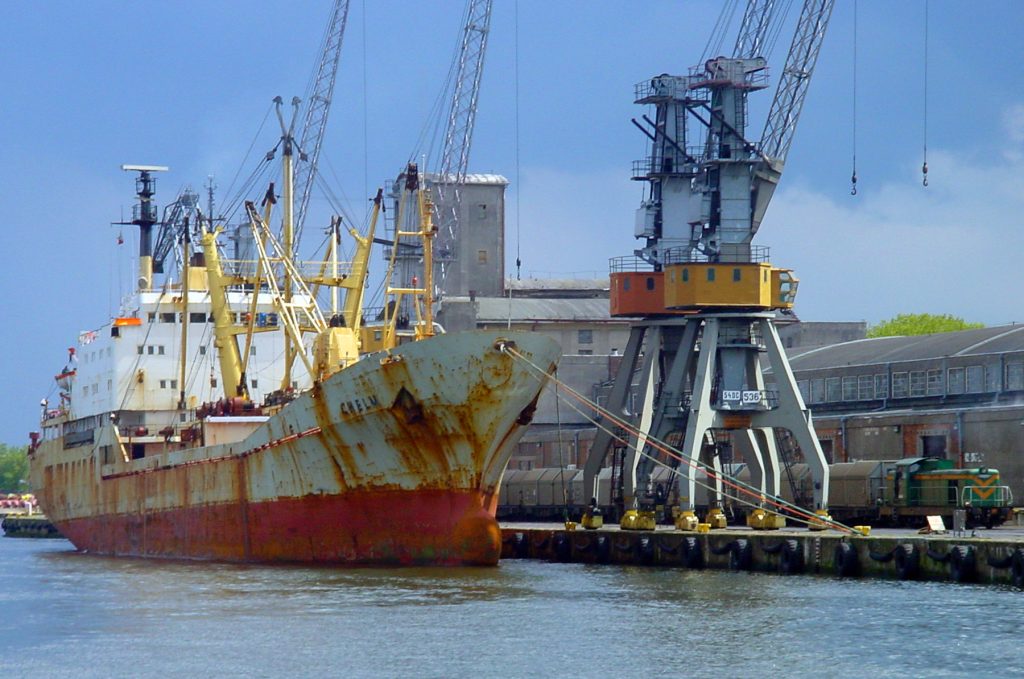 Sometimes a party feels that he, she, or it will fare better in a federal court rather than in the state court. At least for defendants, there is a process, known as removal.
Sometimes a party feels that he, she, or it will fare better in a federal court rather than in the state court. At least for defendants, there is a process, known as removal.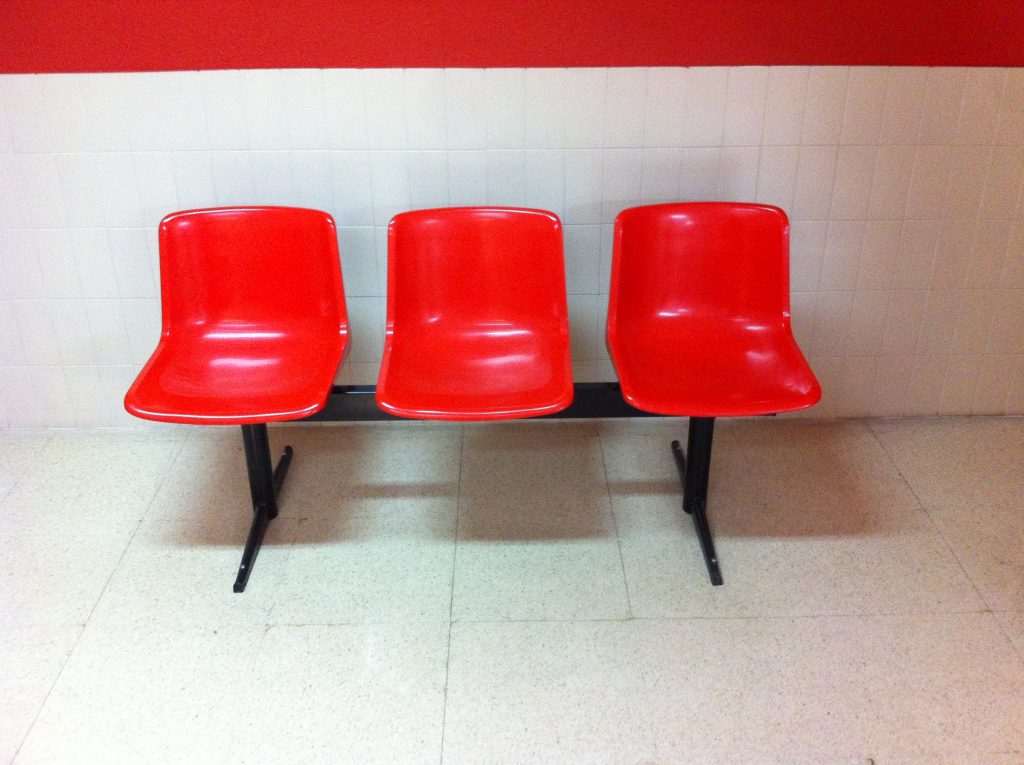 People trust doctors and hospitals to take care of their health issues.
People trust doctors and hospitals to take care of their health issues.